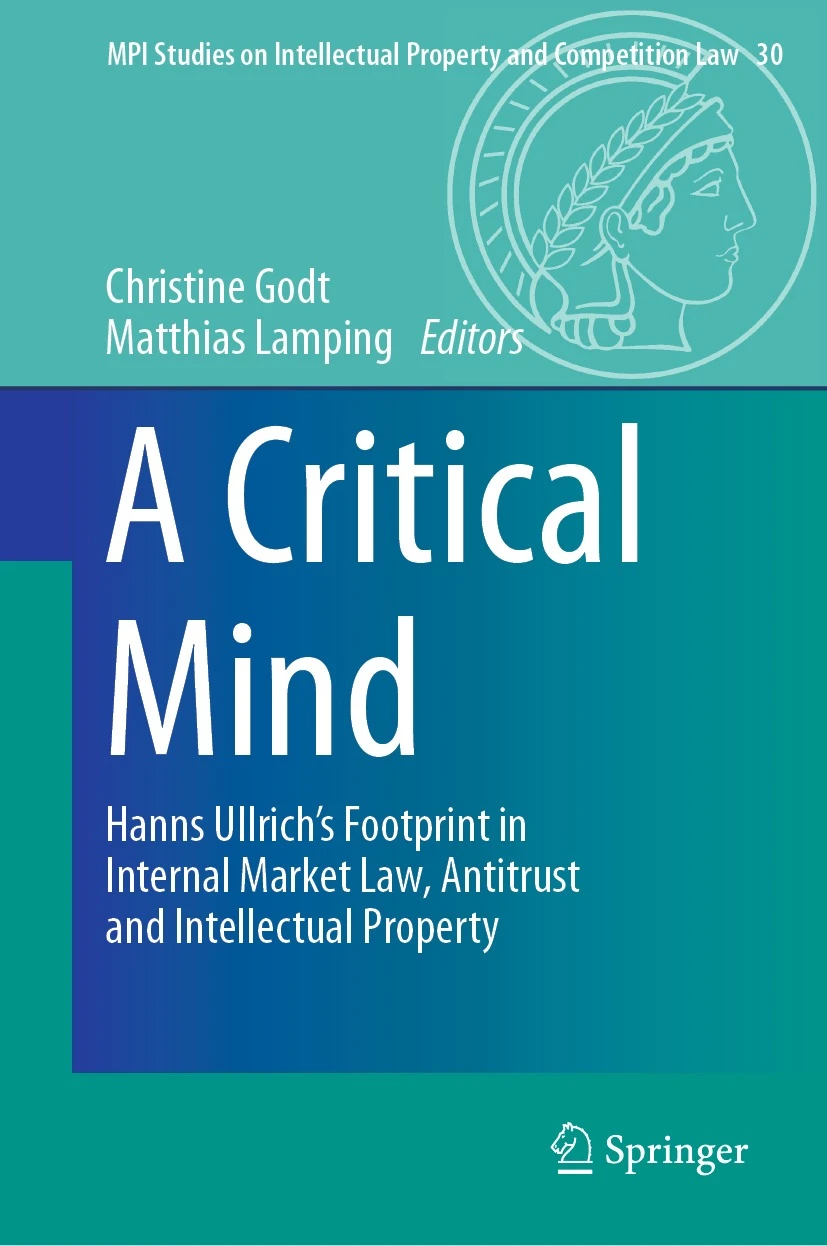Virtual Patent Networks and Their Network Effects
About the book chapter:
On the basis of the economic theory of network effects, this article provides a novel explanation of the so-called patent paradox, i.e. the question why the propensity to patent is so strong when the expected average value of most patents is low. It demonstrates that the patent system of a country resembles a telephone network or a social media platform. Patents are perceived as nodes in a virtual network that, as a whole, exhibits network effects. It is explained why patents are not independent of other patents but that they complement each other in several ways both within and beyond markets and fields of technology, and that patents thus create synchronization value over and above individual interests of patent holders in exclusivity. As a consequence, the more patents there are, the more valuable it is to also seek patents, and vice versa. Since patents thus display increasing returns to adoption, the willingness to pay for the next patent slopes upwards. This explains why, after a phase of early instability and a certain tipping point, many countries’ patent systems expanded quickly and eventually became a rigid standard (“lock-in”). The concluding section raises the question what regulatory measures are suitable to effectively address the ensuing anticommons effects.
About the anthology:
This book traces the academic footprint of Hanns Ullrich. Thirty contributions revolve around five central topics of his oeuvre: the European legal order, competition law, intellectual property, the regulation of new technologies, and the global market order. Acknowledging him as a trailblazer, the book aims to capture how deeply Hanns Ullrich has influenced contemporaries and subsequent generations of scholars. The contributors re-iterate the path-breaking patterns of his teachings, such as his contemplation of intellectual property as embedded in competition, the necessity of balancing private and public interests in intellectual property law, the policies of market integration, and the peculiar relationship of technological advancement and protectionism.


